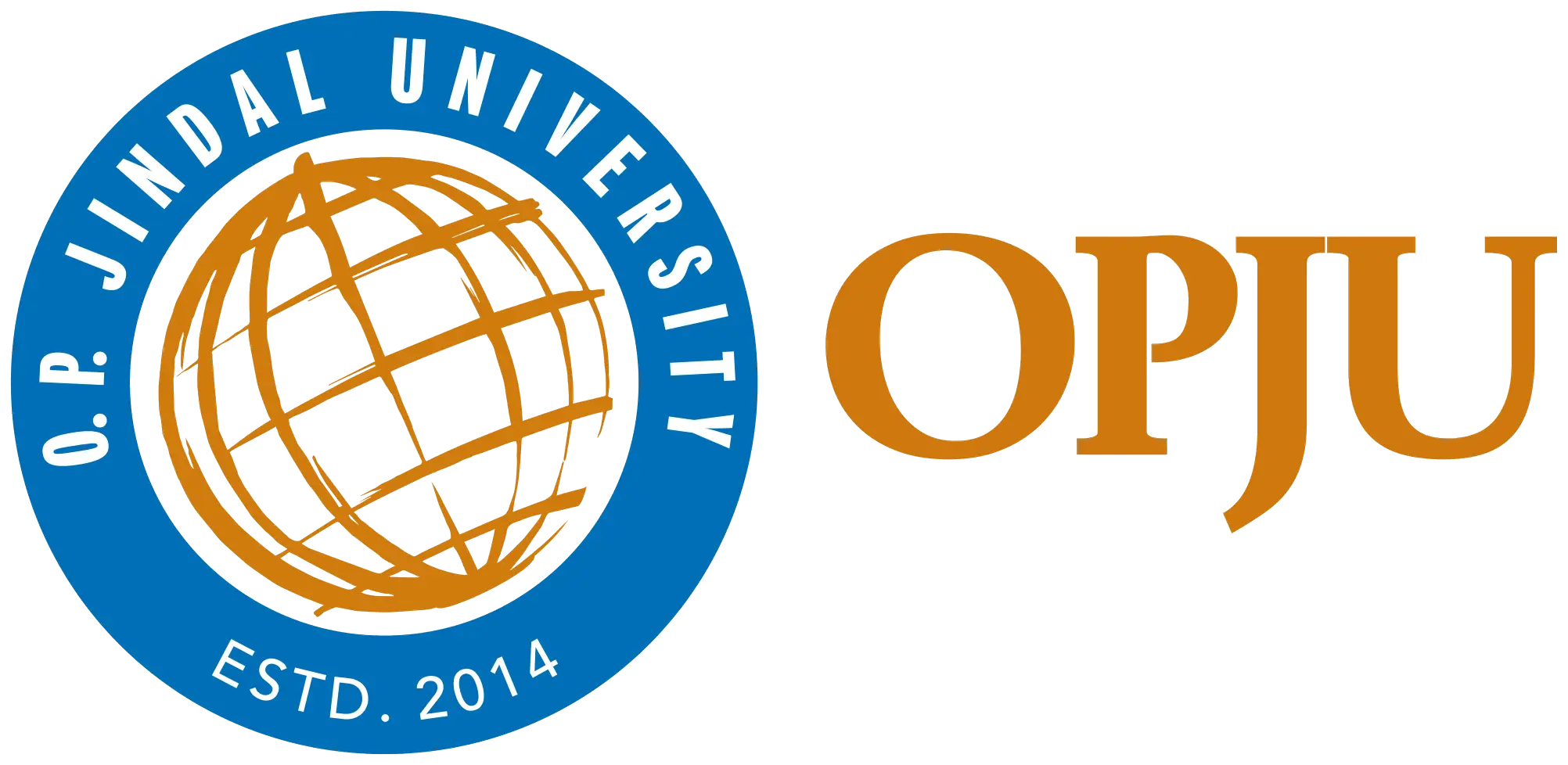M.Tech: The M.Tech program offers advanced specialization in Power Plant Engineering & Energy Management and Manufacturing Technology & Automation, equipping students with in-depth knowledge and practical skills in energy systems, sustainable practices, smart manufacturing, and automation technologies. The curriculum integrates core engineering principles with emerging trends like energy efficiency, renewable integration, industrial automation, and digital manufacturing. Through research projects, industry interaction, and state-of-the-art labs, students develop expertise to address real-world challenges. Graduates are prepared for leadership roles in power and manufacturing sectors, consultancy, R&D, and academia, contributing to energy-efficient, innovative, and automated industrial ecosystems.




